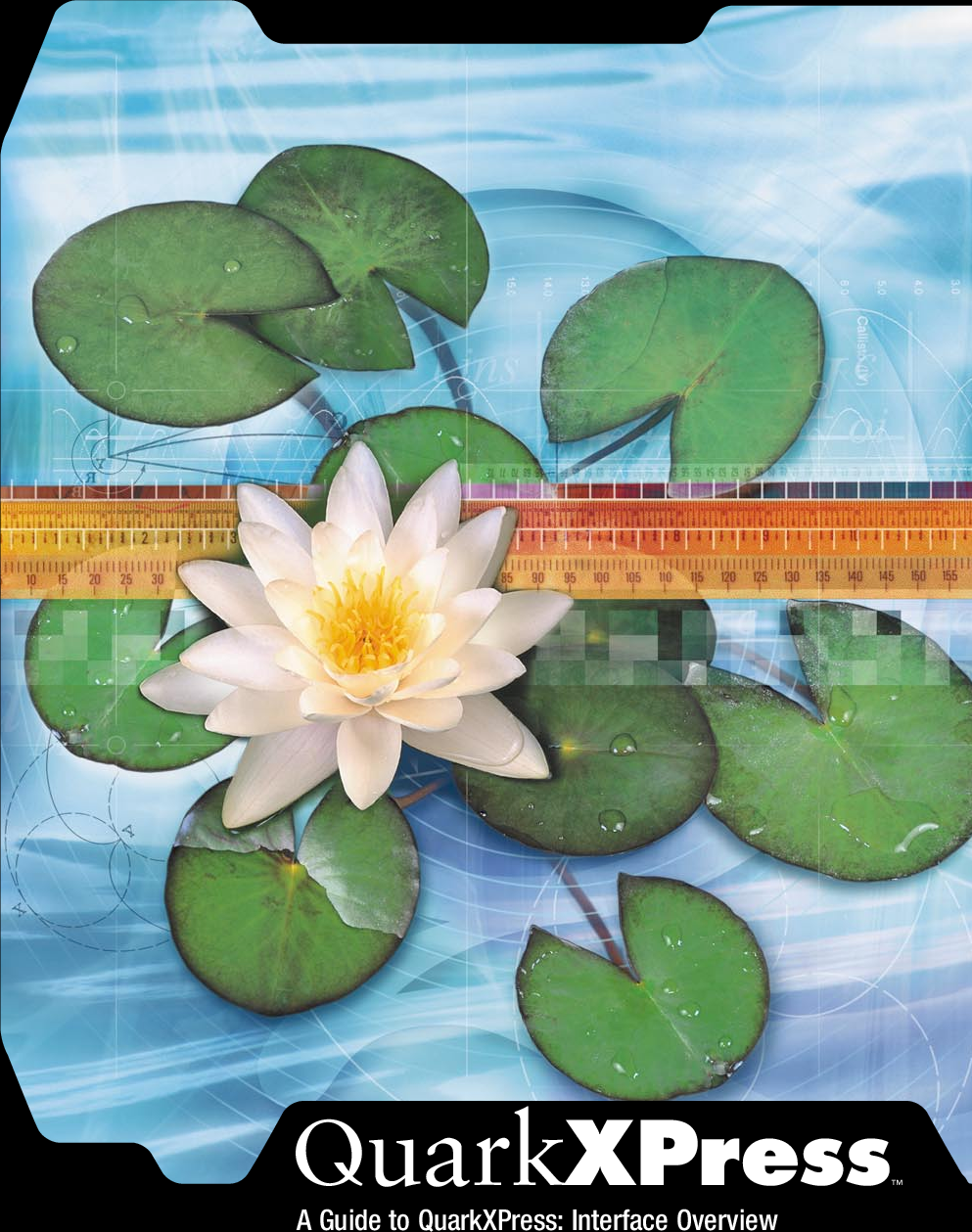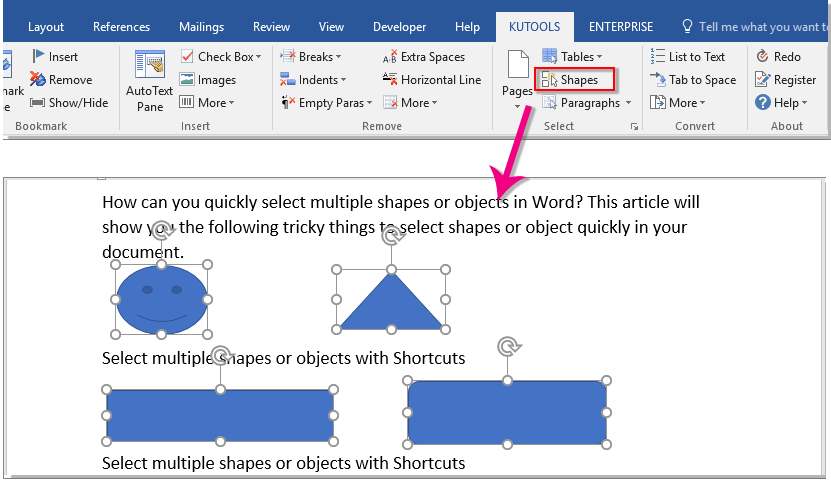- Font Box When You Highlight Text Microsoft Word Mac For Free
- Highlight Text On Web Page
- Font Box When You Highlight Text Microsoft Word Mac Update
- Font Box When You Highlight Text Microsoft Word Mac Download
- Font Box When You Highlight Text Microsoft Word Mac 2017
- Highlight Text Myspace
Word 2010’s Find command can scour your document for formatting information. For example, if you want to find only those instances of the word lie in boldface type, you can do that. Search for any of Word’s formatting options in your document. Suppose that you want to find a red herring in your document.
I've also tried testing in Outlook for Mac 2016 and the issue also occurs there. I started looking at my Active Directory Rights Management Services Mobile Device Extensions but I have everything configured just like in this article. It is isolated to Outlook for Mac 2011 clients that have taken the 14.7.2 update.All our mac clients were working up until earlier this month when that update was released. I can also open on Office for Windows. Microsoft rms for mac. I've went through your articles and didn't find anything that pointed me in theright direction yet.
2 Click the Text Highlight button in the Font group. The mouse pointer changes to a — but the point is that Word is now in Highlighting mode. 3 Drag the mouse over the text you want to highlight. Aug 01, 2019 The most common way to select or highlight text is to click and drag your mouse across the text. Sometimes this approach creates problems such as the runaway mouse where we lose exact control over the amount of text we want to select in a Word document. Working with Word keyboard shortcuts is often a better solution.
1Summon the Find and Replace dialog box.
You can use the keyboard shortcut Ctrl+G.
2Click the Find tab.
That tab hops front and center.
3Type 'red herring' in the Find What text box.
If you want to search only for a format, leave the Find What text box blank. That way, you can search for formatting attributes without caring what the text reads.
If needed, click the More button to display the bottom part of the Find and Replace dialog box.
4If the No Formatting button is available, click it.
This button is used to clear any previous formatting attributes you may have searched for. If the button can be clicked, click it to clear out those attributes and start afresh.
5Click the Format button.
The Format pop-up menu appears.
6Choose Font from the pop-up menu.
You can also search for paragraph formatting, such as an indented paragraph, by choosing Paragraph rather than Font from the Format pop-up menu.
When you choose Font, the Find Font dialog box appears, which is where you set or control various text attributes. Say that the red herring you’re searching for is 24 points tall.
7Select 24 from the Size list.
Font Box When You Highlight Text Microsoft Word Mac For Free
Look in the upper-right corner of the Find Font dialog box for this list.
8Choose any other format options you want from the Format button.
Yes, you can search for more than one formatting attribute at a time.
9Click OK.
The Find Font dialog box goes away, and you return to the Find and Replace dialog box. The text Format: Font: 24 pt appears just beneath the Find What text box. That bit of text is telling you that Word is now geared up to find only text that’s 24 points tall — about twice the normal size.
10Click the Find Next button to find your formatted text.
Word remembers your formatting options! The next time you want to search for plain text, first click the No Formatting button. Doing so removes the formatting options and allows you to search for text in any format. If you forget to clear out the formatting before you begin your next search, don’t be surprised if Word can’t find your text.
Related articles:
Word 2013comes with a digital highlighter pen that lets you mark up and colorize the text in your document without damaging your computer monitor. To highlight your text, abide by these steps:
Even the Office product manager Akshay Bakshi tweeted hinting at the same. (@AgentAkki)Even though it is finally coming, the news is not all good as Dark Theme is rumored to be coming to those who use Office 365 subscription. Vs code dark theme.
1Click the Home tab.
You will see several font options.
2Click the Text Highlight button in the Font group.

The mouse pointer changes to a — but the point is that Word is now in Highlighting mode.
Highlight Text On Web Page
3Drag the mouse over the text you want to highlight.
Font Box When You Highlight Text Microsoft Word Mac Update
The text becomes highlighted — just like using a highlighter on regular paper, but far neater.
Font Box When You Highlight Text Microsoft Word Mac Download
4Click the Text Highlight button again to return the mouse to normal operation.
Font Box When You Highlight Text Microsoft Word Mac 2017

Highlight Text Myspace
Or press the Esc key to exit Highlighting mode.